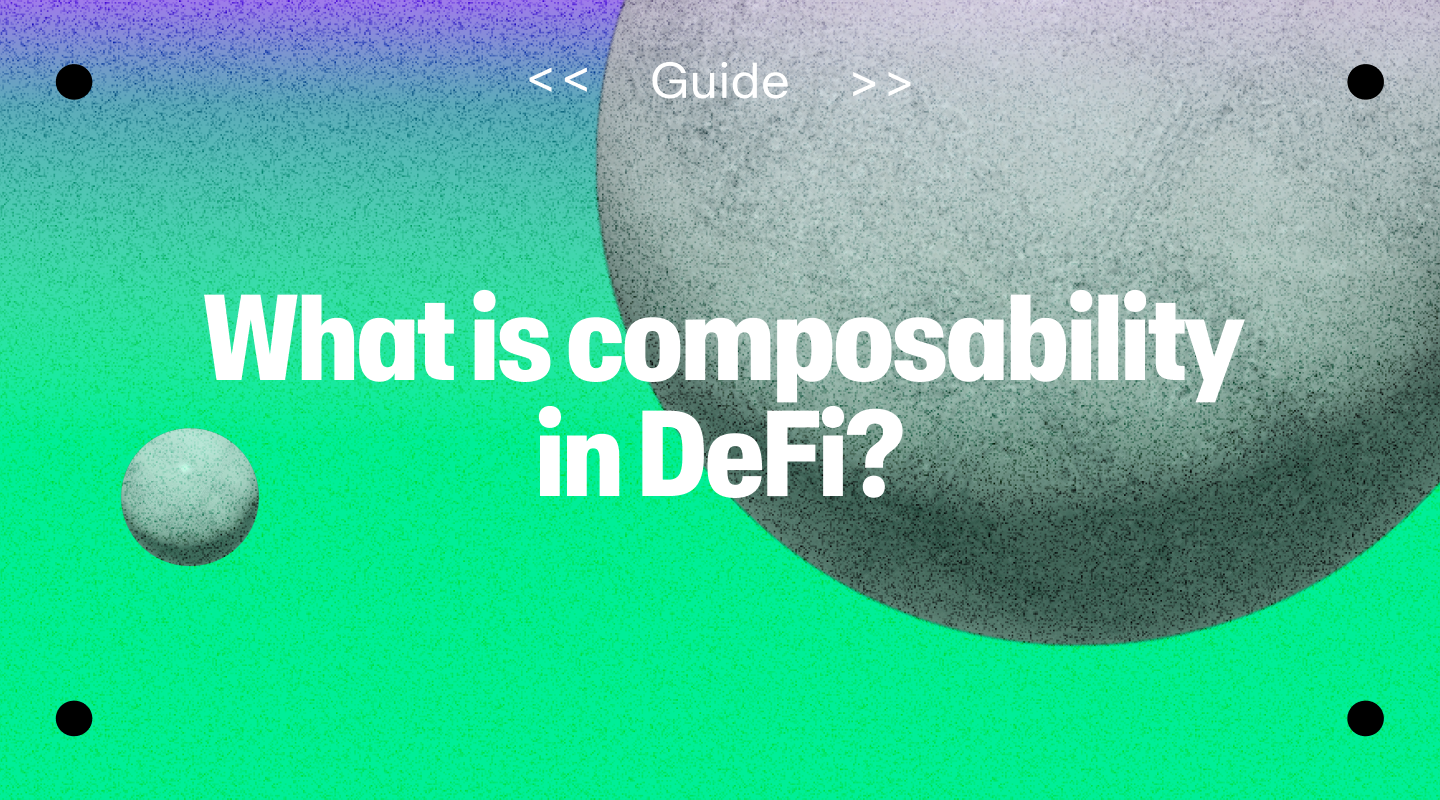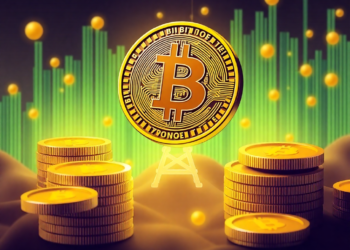DeFi, or decentralized finance, has emerged as a revolutionary force in the world of finance. One of the key concepts that underpins the DeFi ecosystem is composability. Composability refers to the ability to combine different DeFi protocols and applications to create new and innovative financial products and services. In this article, I will delve into the concept of composability in DeFi, highlighting its benefits, challenges, and the potential it holds for the future of decentralized finance.
Understanding Composability in DeFi
Composability in DeFi can be understood as the Lego-like nature of the ecosystem, where different protocols and applications can be combined to create new and more complex financial solutions. It is the ability for these protocols to interact and interoperate with each other, often through the use of smart contracts. This interoperability allows for the seamless transfer of assets, data, and value across various decentralized applications (dApps). In simpler terms, composability enables developers and users to combine different DeFi building blocks to create innovative and personalized financial services.
Benefits of Composability in the DeFi Ecosystem
The concept of composability brings several significant benefits to the DeFi ecosystem. Firstly, it promotes innovation by allowing developers to build on top of existing protocols rather than starting from scratch. This reduces development time and costs, fostering a more efficient and vibrant ecosystem. Additionally, composability enables users to access a wide range of financial services and products from a single interface. By combining different protocols, users can create customized strategies, lending platforms, decentralized exchanges, and more. Composability also enhances liquidity in the DeFi space as assets can flow seamlessly between different protocols, enabling better price discovery and reducing trading inefficiencies.
Challenges and Risks of Composability in DeFi
While composability offers numerous benefits, it also presents challenges and risks. One major challenge is the potential for smart contract vulnerabilities. Since different protocols interact with each other using smart contracts, any vulnerability in one protocol can have a cascading effect on the entire DeFi ecosystem. This can result in the loss of funds or exploitation by malicious actors. Furthermore, composability can create complex dependencies between protocols, making it harder to identify and mitigate risks. The lack of standardized interfaces and interoperability standards can also hinder the seamless integration of different protocols, leading to fragmentation within the ecosystem.
The Future of Composability: Innovations and Opportunities
The concept of composability in DeFi is still in its early stages, and the future holds vast potential for innovation and opportunities. We can expect to see the development of more specialized and interoperable protocols that will enhance composability even further. Standardization efforts, such as the ERC-20 token standard, have already played a crucial role in facilitating composability, and we can anticipate the emergence of more universal standards. Moreover, composability opens the door for cross-chain interoperability, enabling different blockchain networks to seamlessly interact with each other. This will unlock new possibilities for DeFi, including increased scalability, improved liquidity, and access to a wider range of assets. As the space evolves, composability will continue to be the driving force behind the growth and innovation in the DeFi ecosystem.
Summary
Composability is the key ingredient that sets DeFi apart from traditional finance and has the potential to reshape the financial landscape. By allowing protocols and applications to seamlessly interact and combine, composability fosters innovation, enhances liquidity, and provides users with a customizable and efficient financial experience. However, it also poses risks and challenges that need to be carefully addressed. As the DeFi ecosystem evolves, new innovations and opportunities will arise, further enhancing the power and potential of composability. By navigating these challenges and capitalizing on the opportunities, the DeFi space can continue to revolutionize financial services and empower individuals worldwide.










